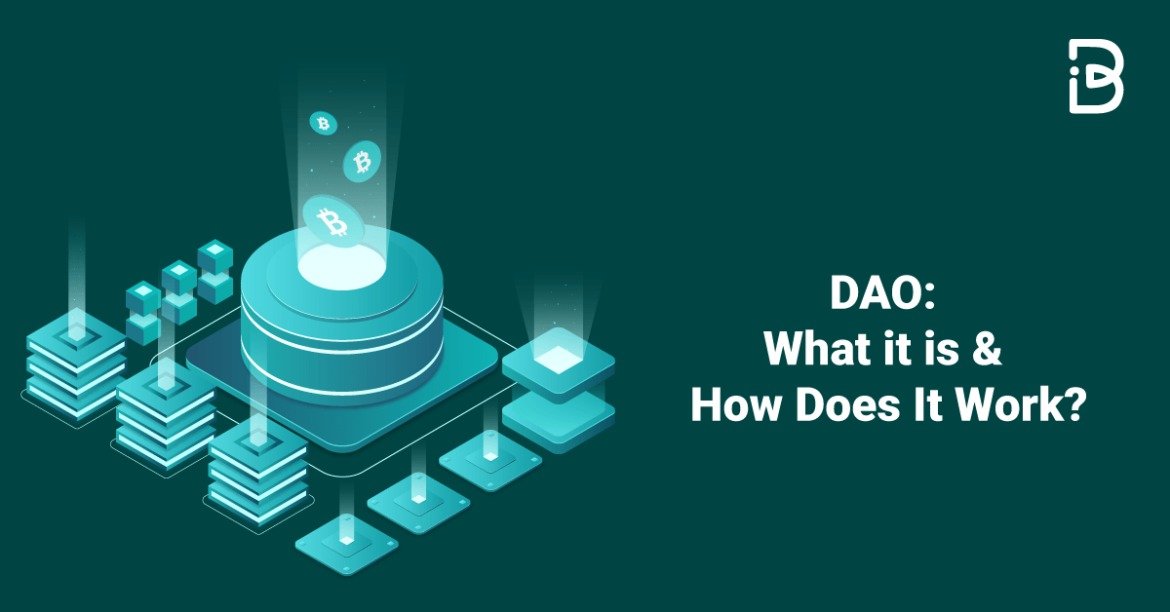In today’s interconnected world, tech platforms have become the foundation of the digital economy. From how we communicate to how we shop, tech platforms are at the core of nearly every interaction we have online. But what exactly are tech platforms, and how have they come to dominate the modern landscape? This article will explore the different types of tech platforms, their impact on society, and what the future holds for them.
What Are Tech Platforms?
Tech platforms are digital spaces that facilitate interactions between users, businesses, and systems. These platforms enable users to access services, communicate, and conduct transactions in ways that were unimaginable just a couple of decades ago. Their importance in the digital age cannot be overstated, as they serve as the backbone of modern business, entertainment, and communication.
Types of Tech Platforms
1. Social Media Platforms
Social media platforms such as Facebook, Instagram, and TikTok have transformed the way people communicate. These platforms provide spaces where individuals can connect, share content, and express themselves. They have not only changed personal interactions but also created new avenues for businesses to market their products and services.
2. E-commerce Platforms
E-commerce giants like Amazon and Shopify have revolutionized retail by making it possible for consumers to shop from the comfort of their homes. These platforms offer businesses the tools they need to reach a global audience, enabling even small businesses to compete on a larger scale.
3. Cloud Computing Platforms
Cloud computing platforms, including Amazon Web Services (AWS) and Microsoft Azure, provide scalable solutions for data storage and processing. These platforms have become essential for businesses that need to store vast amounts of data and provide services to a large number of users without maintaining physical infrastructure.
4. Streaming Platforms
Platforms like xannytech.net/ and Spotify have changed the entertainment industry by providing on-demand access to content. Users no longer need to purchase physical copies of movies, music, or shows; instead, they can stream content instantly from anywhere.
How Tech Platforms Have Changed Society
1. Digital Transformation
Tech platforms have driven the shift from physical to digital solutions. Services that once required in-person interactions, such as shopping, banking, and education, are now available through digital platforms, making life more convenient and efficient.
2. Impact on Businesses
Businesses have embraced tech platforms to reach more customers and streamline operations. E-commerce, digital marketing, and cloud computing have allowed businesses to operate more efficiently and effectively.
3. Influence on Communication
Social media platforms play a significant role in shaping public opinion. Through these platforms, individuals and organizations can share information, influence decisions, and create movements.
4. Education and Learning
With the rise of online learning platforms like Coursera and Udemy, education has become more accessible. These platforms offer courses and training that can be accessed from anywhere in the world, providing opportunities for lifelong learning.
Advantages of Using Tech Platforms
1. Accessibility
Tech platforms make products and services accessible to a wider audience. For instance, e-commerce platforms allow consumers from all over the world to purchase goods, while online learning platforms provide education to individuals who may not have access to traditional institutions.
2. Scalability
Businesses can grow rapidly using tech platforms. Whether through digital marketing or cloud services, companies can scale their operations without the need for significant physical infrastructure investments.
3. Cost Efficiency
By eliminating the need for physical stores, offices, or data centers, tech platforms reduce costs for businesses and consumers alike. Cloud computing, for example, allows businesses to only pay for the resources they use, saving them money on hardware and maintenance.
Also Read About: digitalnewsalerts
Challenges and Controversies Surrounding Tech Platforms
1. Data Privacy Issues
As tech platforms collect vast amounts of user data, concerns about privacy have grown. Users are increasingly worried about how their data is being used, and governments are implementing stricter regulations to protect consumer information.
2. Monopoly and Competition
The dominance of major tech companies like Google, Facebook, and Amazon has raised concerns about monopolies. These companies hold significant market power, which can stifle competition and innovation.
3. Misinformation and Fake News
Tech platforms, particularly social media, have been criticized for their role in spreading misinformation and fake news. The rapid dissemination of false information can have serious consequences, and platforms are working to address these issues.
The Future of Tech Platforms
1. Integration of AI and Machine Learning
Artificial intelligence (AI) and machine learning (ML) will continue to play a significant role in enhancing user experiences on tech platforms. From personalized recommendations to automated customer service, AI will shape the future of digital interactions.
2. The Role of Blockchain
Blockchain technology has the potential to disrupt traditional tech platforms by offering decentralized alternatives. This technology can improve security and transparency in transactions, particularly in industries like finance and supply chain management.
3. Sustainability in Tech Platforms
As the world becomes more environmentally conscious, tech platforms are exploring ways to reduce their carbon footprints. Green computing, powered by renewable energy sources, is an emerging trend that aims to make platforms more sustainable.
Conclusion
Tech platforms have dramatically reshaped our world, providing countless opportunities for businesses, individuals, and communities. As they continue to evolve, they will drive innovation and influence the way we interact with technology. While challenges remain, the future of tech platforms is bright, offering exciting possibilities for further growth and integration.
FAQs
1. What is a tech platform?
A tech platform is a digital infrastructure that facilitates interactions between users, businesses, and systems, allowing for the delivery of services, communication, and transactions.
2. How do tech platforms make money?
Tech platforms generate revenue through various models, such as advertising, subscription fees, transaction fees, and selling data insights to businesses.
3. Are tech platforms safe?
While tech platforms invest heavily in security, data privacy and security risks exist. Users should follow best practices, such as using strong passwords and enabling two-factor authentication.
4. Can tech platforms help small businesses?
Yes, tech platforms can provide small businesses with access to global markets, cost-effective tools for marketing, and solutions for scaling operations efficiently.
5. What is the future of tech platforms?
The future of tech platforms lies in the integration of AI, blockchain, and sustainable practices. These innovations will enhance security, user experiences, and environmental responsibility.
Also Read About: pondershort.com





